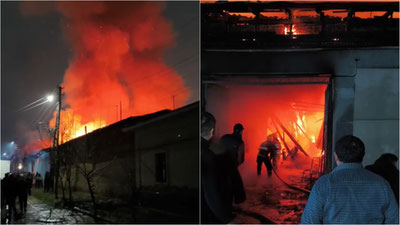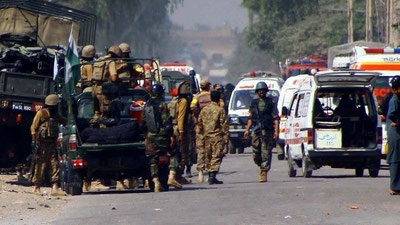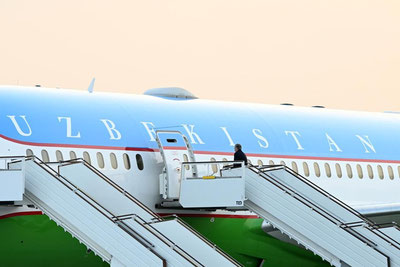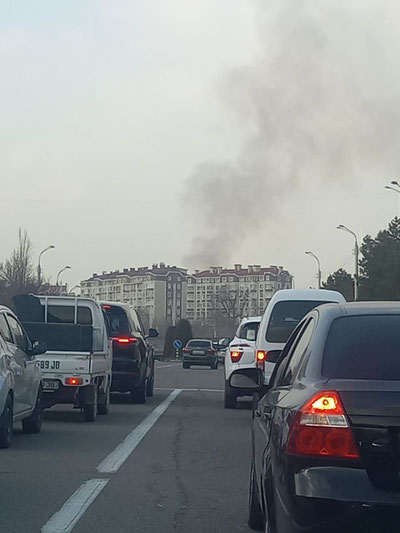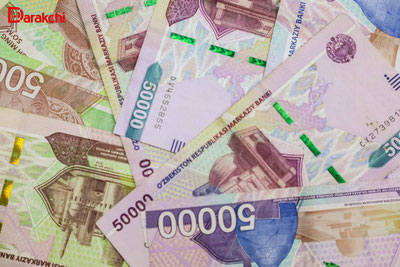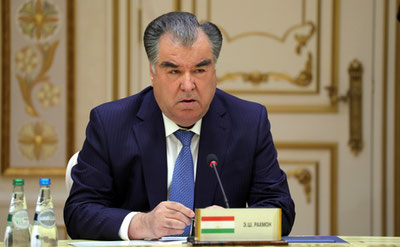Starting from December 1, payments for drinking and wastewater services in Uzbekistan will only be accepted in electronic form. This was reported by "Uzsuvtaminot" here.
It is noted that this measure is being implemented with the aim of ensuring transparency in the sector, and to put an end to corrupt practices. Henceforth, payments to controllers and water supply employees in cash will be ceased.
Consumers can use the following methods for making payments, which are convenient and fast for them:
- Through the personal cabinet at cabinet.uzsuv.uz;
- Via the Telegram bot @uzsuvbot;
- Through electronic payment systems (Click, Paynet, Alif Mobi, Payme, Oson, Uzum Bank) as well as payment info kiosks and commercial bank branches, and post offices.
As noted, recently a number of corruption cases have been identified in the sector. Among them, several law violations related to cash payments have been observed.
According to the report, an inspector for the Compliance Control Department for Anti-Corruption of the society in Syrdarya region found that a public monitor of the consumer department of the regional water supply in Gulistan city gained the trust of 36 individuals and legal entities and used for his personal interests a total of 52 million 427 thousand 706 sums collected for consumed drinking water, without depositing it into the accounts of the joint-stock company and citizens.
Documents collected concerning these cases were presented to the prosecutor's office of Syrdarya region and a criminal case was initiated under Article 168, Part 2, clause “a” (minor fraud) of the Criminal Code. Currently, investigative actions are being conducted.
At the same time, pre-investigation checks conducted by the department under the Prosecutor General's Office found that responsible individuals from 5 district branches of “Khorezm Water Supply” JSC embezzled a total of 380 million sums paid by consumers for drinking water, without depositing it into bank accounts. Criminal cases have been initiated concerning these incidents under Article 167 of the Criminal Code, and investigative actions are underway.

